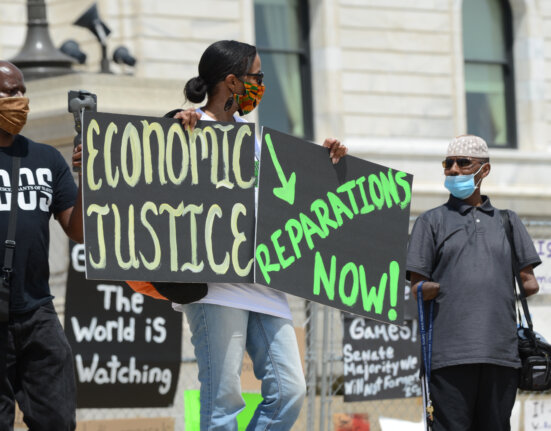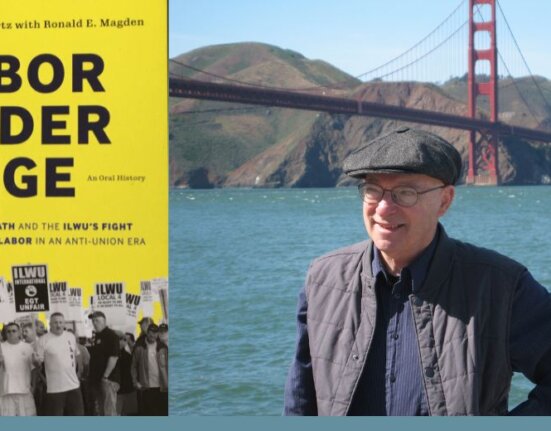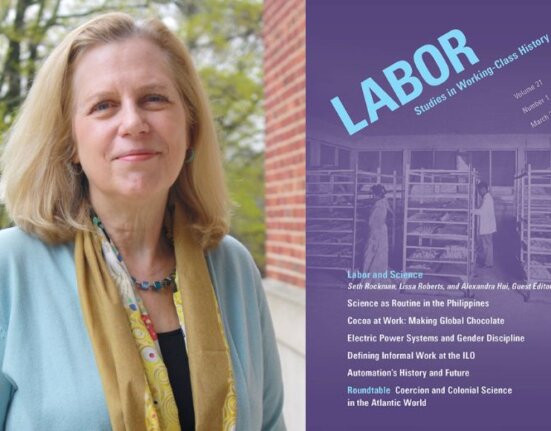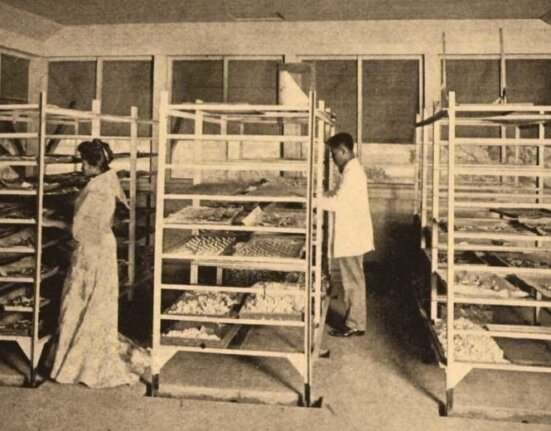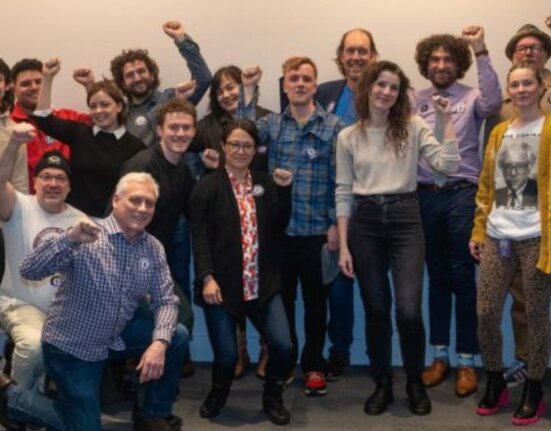In recognition of Women’s History Month, I offer the following excerpt from my recently published book, What Work Is. The book is built around six-word essays written by adult workers who were prompted in my labor education class to complete the statement “Work is …” The excerpt features the reflections of Cindia “Lynn” Fields from Southern Illinois.
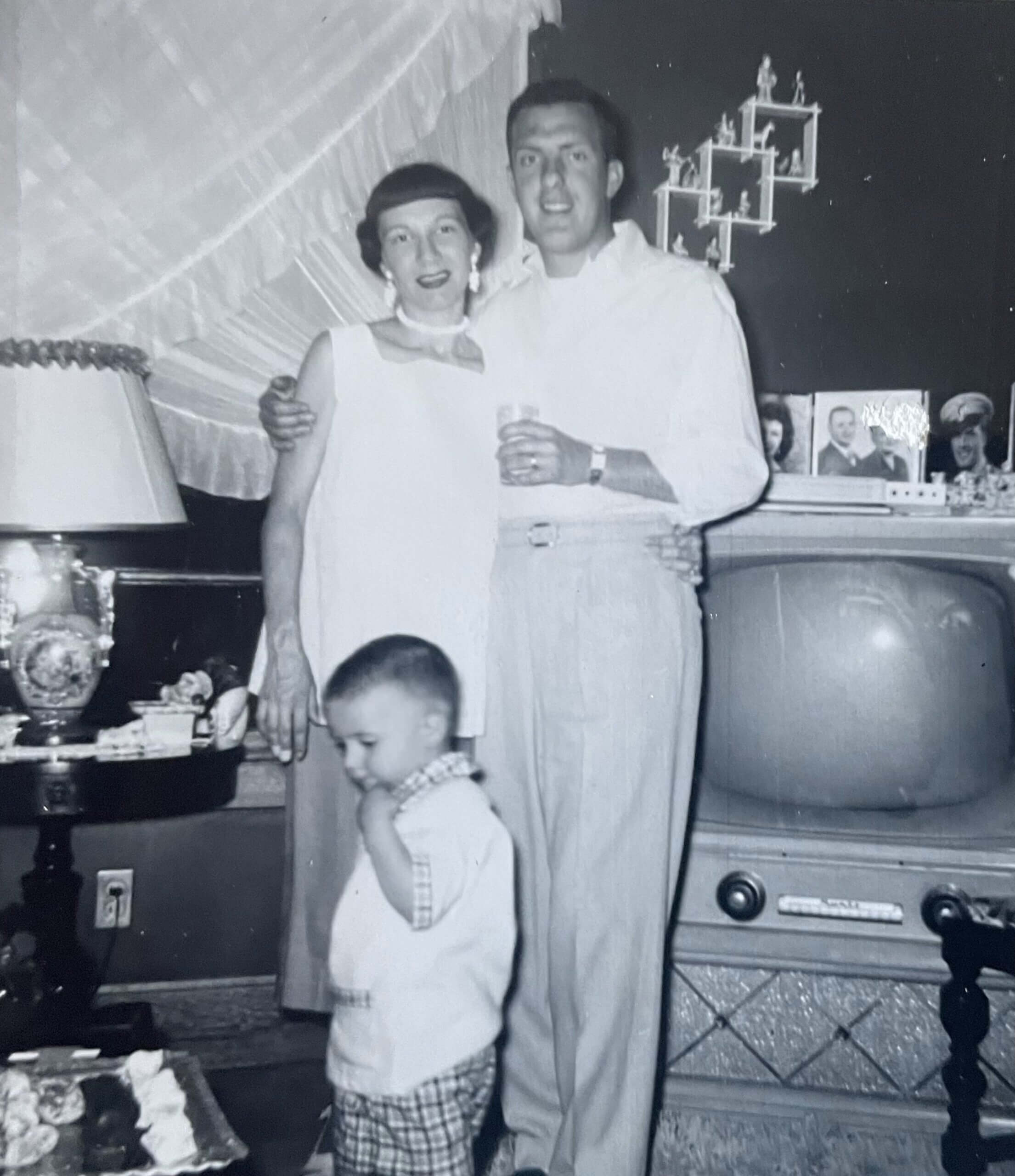
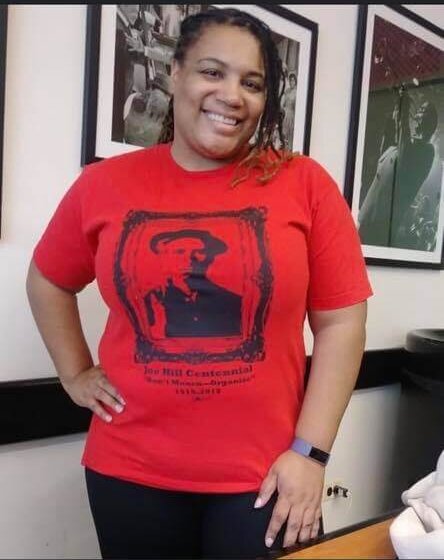
I included Lynn’s story and essay because it said out loud what I believe my mother felt about her life. My mother enjoyed the paid jobs she had but always wanted something more from her labor. In Lynn’s essay I found an expression of how work should inspire but could suffocate dreams. She was good at her job and enjoyed doing it. But she put in six words what my mom felt, and I suspect countless other women feel about jobs that are done faithfully everyday with a sense of regret and resentment. In her essay I heard my mother’s resigned voice.
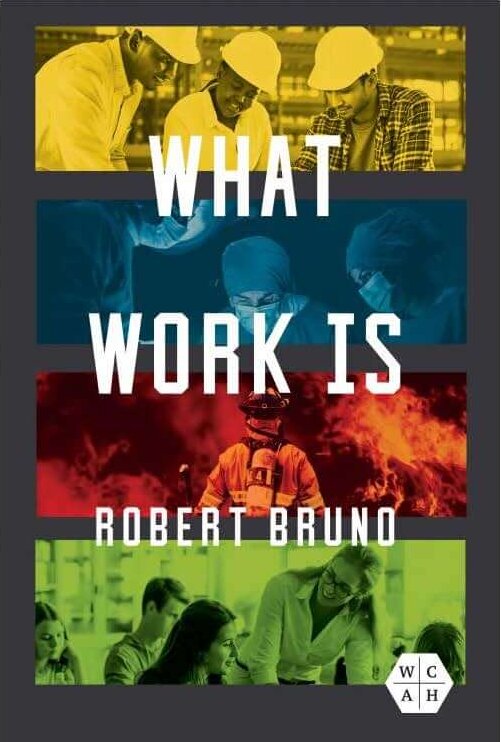

Robert Bruno is Director of the Labor Studies Program and a Professor of Labor and Employment at the University of Illinois. He is the author of Steelworker Alley: How Class Works In Youngstown (1999), Reforming the Chicago Teamsters: The Story of Local 705 (2003), Justified by Work: The Meaning of Faith in Chicago’s Working-Class Churches (2008)


